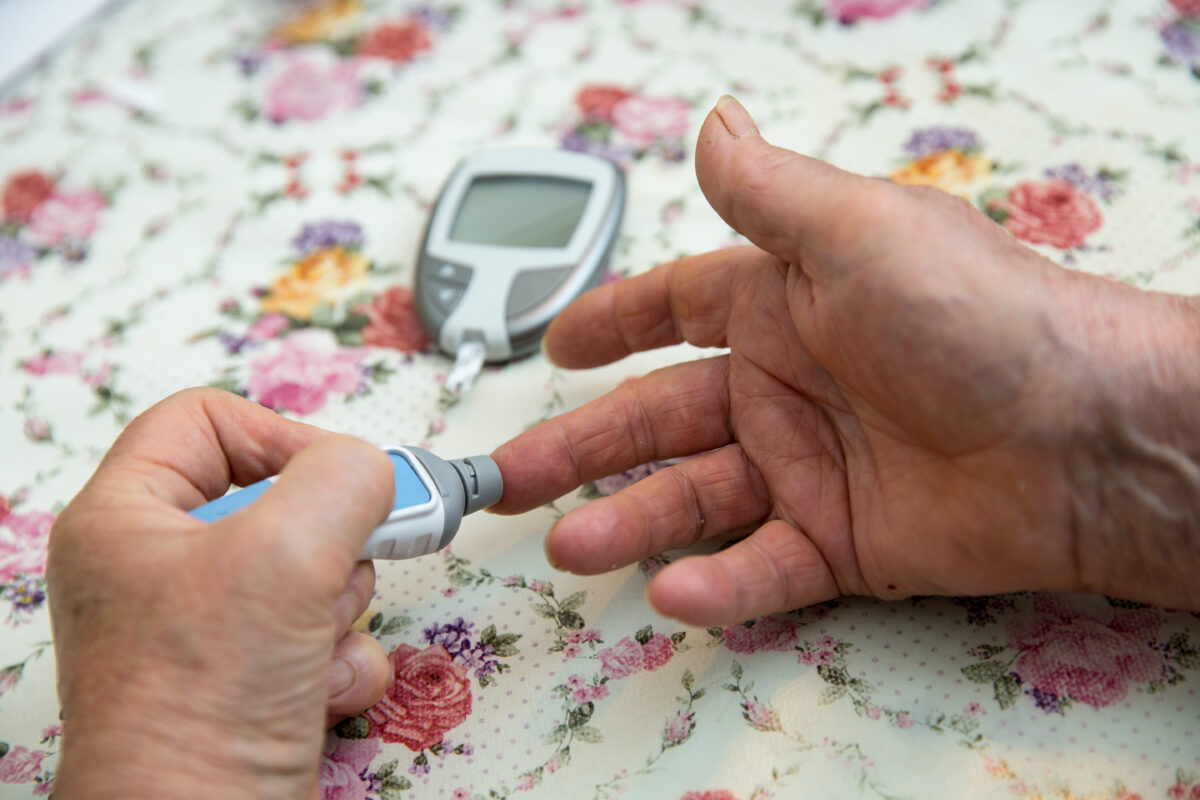Type 2 Diabetes Patients Need More Disease Management Support—How Can Pharma Help?


Many Type 2 diabetes patients worry about their disease, leading to a significant impact on their mental health—especially for younger diabetics. However, those concerns present fresh opportunities for pharma companies to ultimately improve outcomes for Type 2 diabetes patients by offering them the support tools and resources they most want.
Diabetes has a pervasive effect on patients’ lives, with more than one-third (37%) of Type 2 diabetes patients reporting that they worry about their condition often or all of the time, according to data Phreesia Life Sciences collected in December 2021 and January 2022 from more than 4,000 adults diagnosed with or treated for Type 2 diabetes as they checked in for their doctors’ appointments.
Those worries can often be debilitating, as 42% of surveyed patients said their Type 2 diabetes has a moderate-to-great impact on their mental health. And Phreesia survey data shows that mental health concerns are even more significant among younger patients, with 31% of Millennials and Gen Z reporting that their diabetes has a great impact on their mental health, compared with 23% of Gen X and 9% of Baby Boomers.
Listening to and understanding Type 2 diabetes patients’ mental health struggles before engaging with them is crucial to alleviating some of the burdens they face, explains Mark Materacky, Vice President of Consumer Marketing at Novo Nordisk.
“It starts with a deep understanding and empathy for the challenges people who live with Type 2 diabetes experience,” Materacky says. “Addressing the person first—not the disease—is critical.”
Despite the condition’s negative effect on many patients’ psychological well-being, more than three-quarters (77%) of surveyed Type 2 diabetes patients said they have not sought any mental health support. Those who do seek support most commonly said they talk to friends or family (16%), followed by seeing a psychologist or counselor (5%). This notable gap between the prevalence of Type 2 diabetes patients’ mental health concerns and their uptake of support spotlights a marketing opportunity to connect with these patients and share resources that can help them.
In addition to their need for mental health support, Type 2 diabetes patients also want personalized resources to help them manage their condition. For example, nearly half (49%) of surveyed patients cited nutritional information specific to their needs as their most desired resource. Other top requests included tips on recommended lifestyle changes when taking diabetes medications (37%) and resources that could help them better understand how their medication works (31%).
Pharma companies can deepen their engagement with Type 2 diabetes patients and raise their awareness of the support materials available to them by taking a more personable approach in their marketing communications, suggests Christine Mormile, Director of Media at CMI Media Group.
“It’s very easy to get caught up in talking about financials or why you should get on a medication,” Mormile says. “Something that all pharma products—not just in the diabetes space—can do better with is creating messaging that asks patients, ‘How can we listen to you?’ or conveys that ‘We’re here to support you, and this is how our product can help your long-term diabetes care-management plan.’”
One of the strongest ways to engage with Type 2 diabetes patients—and to connect them to the types of support they seek—is by reaching them with these thoughtful messages at the point of care. Phreesia survey data suggests that diabetes patients discuss various treatment and disease management options with their providers. For example, 60% of survey respondents have talked about weight loss and nearly half (44%) have discussed new prescription medications with their main doctor who treats their Type 2 diabetes.
Given Type 2 diabetes patients’ demonstrated willingness to discuss treatment options with their providers, there are multiple opportunities for pharma marketers to reach them, not only with medication-awareness campaigns while they are in a healthcare state of mind, but also with nonpharmacological resources that can holistically support their treatment plan. Pharma companies should leverage the point of care to help diabetes patients access the many support tools available to them, empowering them to implement key lifestyle changes that can help them confidently manage their disease.
Jackie Drees
Jackie Drees is a Content Specialist, Life Sciences at Phreesia. Previously, she was the managing editor of Becker's Hospital Review.


